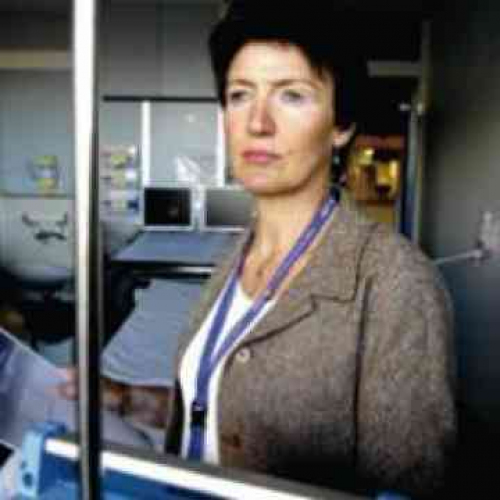Finding hope in grief

One of our organ donor coordinators could get a call at 2 am saying a family has consented to donating a loved one's organs. The impacting part of that call is you know there's a family out there facing sudden grief and coming to terms with the loss of a loved one who was healthy 24 hours ago.
It's extremely powerful to see donor families who, in their acute grief, are able to make the decision to donate and in the end help people they never get to meet. Although a vast number of people support organ donation, when it comes to making that decision in the Intensive Care Unit, approximately 50 percent of families say no.
What we do know from our experience of working with many families is that they find it much easier to say 'yes' to organ donation when they have known the wishes of their loved one.
The most important message is, even if you don't register as an organ donor, tell your family what your wishes are. We know that it is rare for a person's wishes not to be supported by their family, if the family know what those wishes are. However, if they don't know what their loved ones wishes were, they can go the other way and decide to say no.
We tell the donor families that what ever they want or don't want to donate, we will respect their decision. We are there for the donor's family and to see that the donor's wishes are followed. We ensure that the donor is treated with the respect they deserve.
We offer hand prints and locks of hair of their loved one as mementos. We also offer counselling services and send the donor family a rose voucher for a Reflection Rose that's been specifically bred for donor families.
